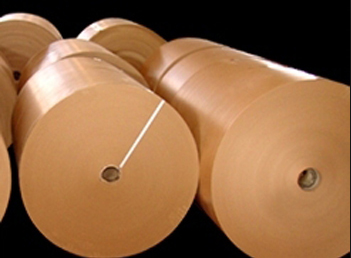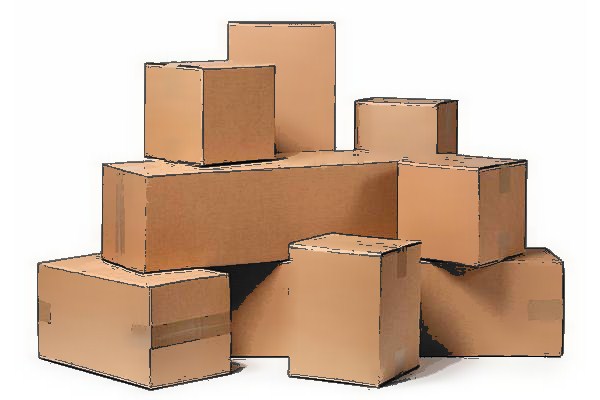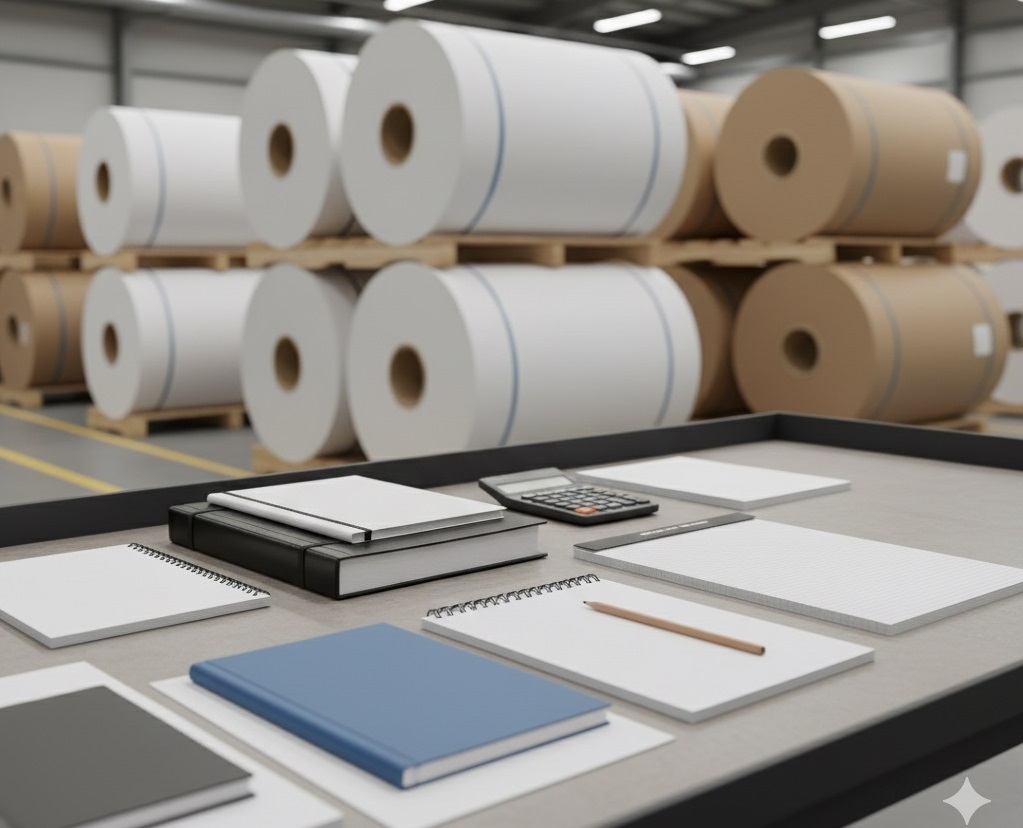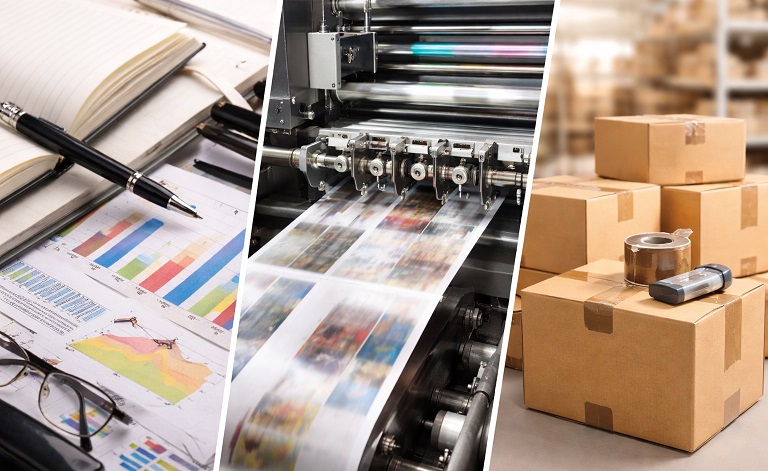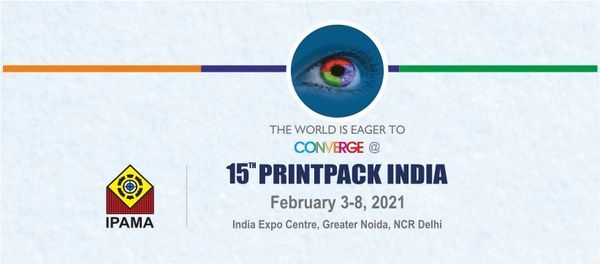Anti-dumping investigation on the import of FBB, SBS, Cup Stock, and Liquid Packaging Board to be conducted by DGTR
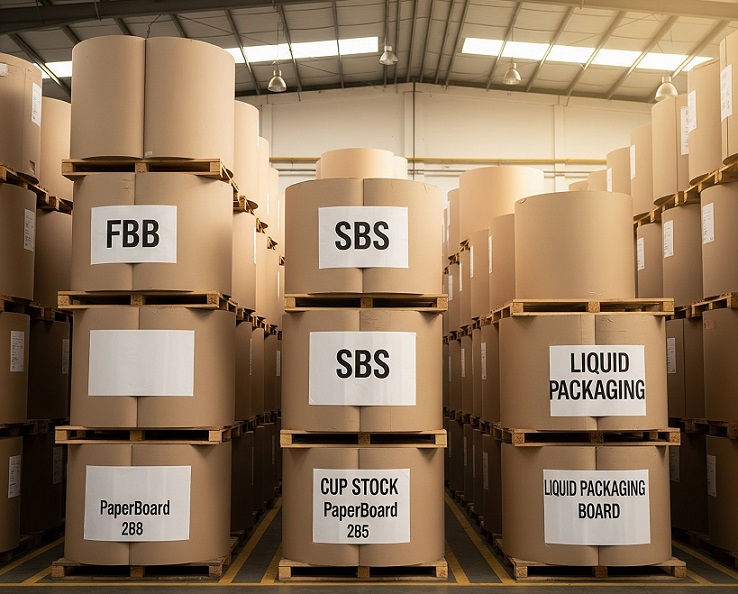
Anti-dumping investigation on the import of FBB, SBS, Cup Stock, and Liquid Packaging Board to be conducted by DGTR
- The products - Folding Box Board (FBB), Solid Bleached Sulfate Board (SBS), Cup Stock Paper or Board and Liquid Packaging Board, all in the range of 140 to 450 GSM.
- Virgin multilayer paperboard is used in packaging of pharmaceuticals, FMCG products, food & beverages, electronics, high end cosmetics, and liquor, and in book covers, publishing, etc
- The normal value and the export price have been compared at the ex-factory level, which prima facie establishes that the dumping margin is above the de-minimis level
The Pulp and Paper Times
The Ministry of Commerce and Industry, Department of Commerce (Directorate General of Trade Remedies), has initiated an anti-dumping investigation into imports of virgin multilayer paperboard from Indonesia. The Indian Paper Manufacturers Association (IPMA) has alleged that material injury is being caused to the domestic industry due to dumped imports of virgin multilayer paperboard originating in or exported from Indonesia, and has requested the initiation of an anti-dumping investigation concerning imports of Virgin Multi-layer Paperboard originating in or exported from Indonesia.
IPMA has filed an application on behalf of the domestic industry before the Designated Authority in accordance with the Customs Tariff Act 1975, as amended, and Customs Tariff (Identification, Assessment and Collection of Anti-Dumping Duty on Dumped Articles and for Determination of Injury) Rules, 1995, as amended, for the initiation of an anti-dumping investigation concerning imports of virgin multilayer paperboard originating in or exported from Indonesia.
The product under consideration is multi-layer board made of white / virgin wood pulp, whether coated or uncoated, and is also known as Virgin Multi-Layer Paperboard. The product under consideration is made up of multiple layers of paper bonded together and pulp from fibre of trees. Virgin multilayer paperboard comes in various grades. The product under consideration includes Folding Box Board (FBB), Solid Bleached Sulfate Board (SBS), Cup Stock Paper or Board and Liquid Packaging Board, all in the range of 140 to 450 GSM. These are classified into two main categories, virgin grade which is manufactured from fibre of the trees and recycled grade manufactured from fibres obtained from recovered paper and paperboard. Coated/uncoated cigarette boards and paperboards made out of recycled/brown pulp or fibre are excluded from the scope of the product under consideration.
Virgin multilayer paperboard is used in packaging of pharmaceuticals, FMCG products, food & beverages, electronics, high end cosmetics, and liquor, and in book covers, publishing, etc.
Solid Bleached Sulfate Board (SBS) paperboard is a high-quality paperboard made from bleached virgin pulp, which is coated with clay and thereafter treated to ensure resistance to moisture. Folding Box Board (FBB) is made up of an inner layer of mechanical pulp in between outer layers of chemical pulp. Folding Box Board includes a bleached top layer for providing an effective printing surface, for use as brochures, flyers and display boxes. Cup stock grade is used to manufacture disposable cups and cup shaped containers for food items. The usage of the subject goods often requires compliance to relevant safety regulations.
The product under consideration is classified under Chapter 48 of the Customs Tariff Act, 1975, under the heading 4805 and 4810, under the ITC HS Codes 4805 91 00, 4805 92 00, 4805 93 00, 4810 92 00 and 4810 99 00.
The application has been filed by the Indian Paper Manufacturers Association on behalf of the domestic industry. Aditya Birla Real Estate Limited, Emami Paper Mills Limited, ITC Limited, JK Paper Limited, West Coast Paper Mill and Tamil Nadu Newsprint and Papers Limited are domestic producers of virgin multilayer paperboard in India and have provided information for the present investigation.
IPMA has proposed 1st April 2024 to 31st December 2024 as the period of investigation. However, the Authority has considered the period of investigation (POI) for the present investigation from 1st April 2024 to 31st March 2025 (a period of 12 months). The injury investigation period shall cover the period 2021-22, 2022-23, 2023-24 and the period of investigation.
For the purpose of initiation, DGTR has considered normal value for Indonesia, estimated based on cost of production of the applicant domestic producers, duly adjusted for selling, general and administrative expenses along with a reasonable profit margin. The normal value methodology claimed by the applicant has been considered for the purpose of initiation.
According to the Notification of DGTR, The applicant has claimed that it did not have access to information regarding the domestic selling price prevailing in Indonesia. Since there is no dedicated tariff classification for the product, the applicant could not rely upon price of imports into the subject country or exports from the subject country. Further, information with regard to cost of production in the subject country was not available to the domestic industry.
Dumping margin
The normal value and the export price have been compared at the ex-factory level, which prima facie establishes that the dumping margin is above the de-minimis level with respect to the subject goods imported from Indonesia. Thus, there is sufficient prima facie evidence that the product under consideration from Indonesia is being dumped in the domestic market of India by the exporters from the subject country.
Information furnished by IPMA, with regard to various parameters, has been considered for assessment of injury to the domestic industry. The applicant has provided prima facie information with respect to the injury suffered by the domestic industry because of dumped imports. The subject imports have entered at prices below the cost of sales and selling price of the domestic industry. This has adversely impacted the performance of the domestic industry in respect of profitability. The profits and cash profits of the domestic industry have declined significantly over the injury period and it has earned a low return on capital employed. The market share of the subject imports has increased and that of the domestic industry has declined... There is sufficient prima facie evidence of material injury being caused to the domestic industry by the dumped imports from the subject country, justifying initiation of an anti-dumping investigation.
Web Title: Anti-dumping investigation on the import of FBB, SBS, Cup Stock, and Liquid Packaging Board to be conducted by DGTR




 Join WhatsApp Group
Join WhatsApp Group Join Telegram Channel
Join Telegram Channel Join YouTube Channel
Join YouTube Channel Join Job Channel (View | Submit Jobs)
Join Job Channel (View | Submit Jobs) Join Buy Sell Channel (Free to Submit)
Join Buy Sell Channel (Free to Submit) Paper News Headlines Channel (Free to read)
Paper News Headlines Channel (Free to read)




